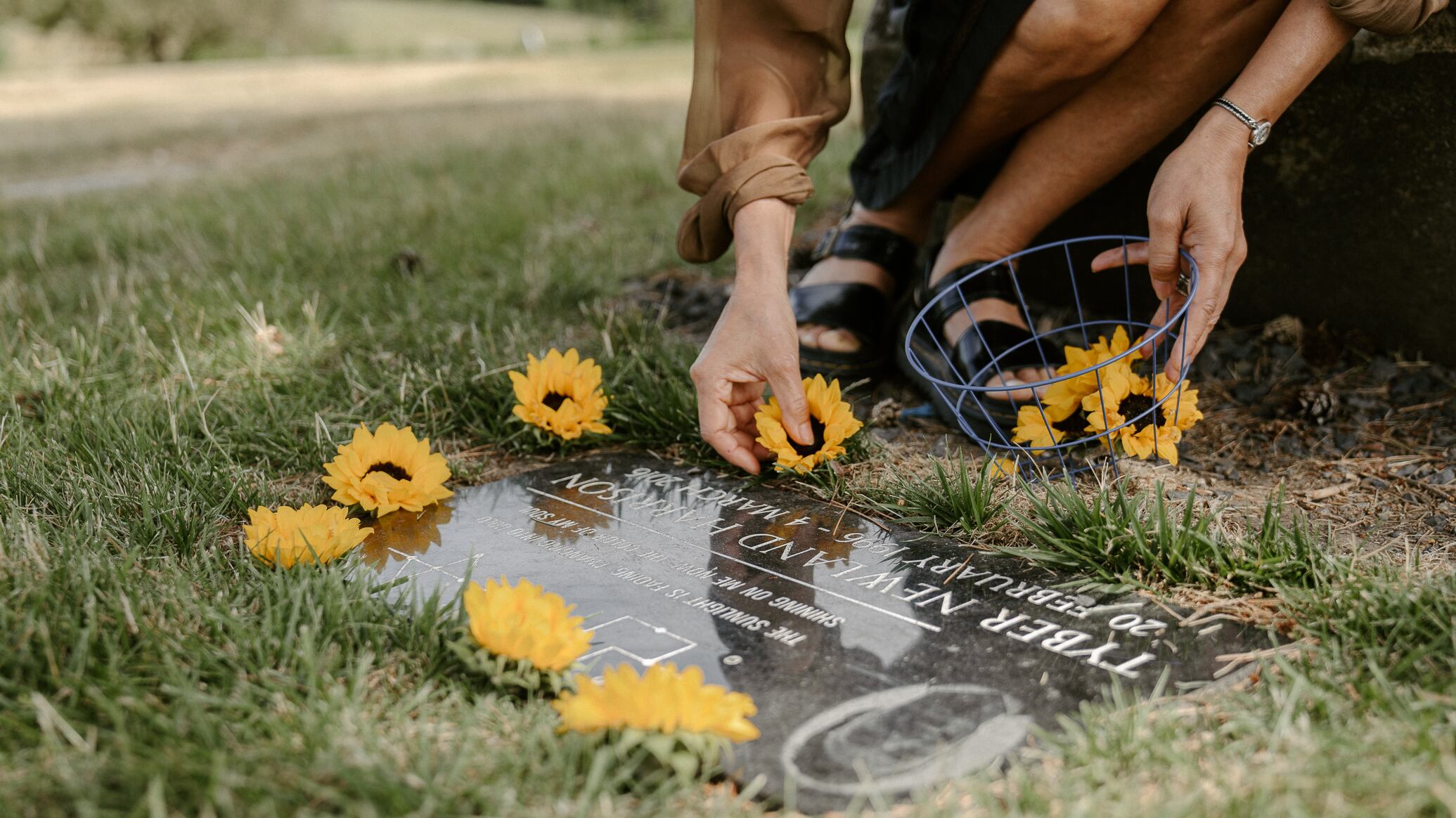In a reversal of his earlier opinion, Multnomah County Circuit Judge Christopher Ramras ruled Aug. 19 that the plaintiffs in a dispute over a Northwest Hills gravesite cannot press their case anonymously.
“This court does not doubt that revealing the Smiths’ [a pseudonym] name may cause them embarrassment,” Ramas wrote. “Despite the risk of such embarrassment, this is simply not the type of unusual case where such risk trumps the public’s interest in open court proceedings with the parties identified.”
Ramras added that his earlier decision to allow the Smiths to proceed anonymously was “in error,” and his reconsideration came after WW filed a public records request seeking disclosure of the Smiths’ identities.
Attorneys for the defendant, Paula Tin Nyo, whose son’s remains are in the disputed grave, said in papers filed in court that they had reason to believe the Smiths were in fact the Reser family, whose name graces the Oregon State University football stadium (“Grave Concerns,” WW, Aug. 7).
Tin Nyo’s attorney, Gracey Nagle, applauded the judge’s decision: “When Judge Ramras initially ruled in Skyline’s favor, he did so with the caveat that he might revisit his decision later in the case. We are very happy that he did and believe this is the right outcome under Oregon’s open courts doctrine.”
Attorneys representing the Smiths and Skyline Memorial Gardens, which sold the disputed gravesite twice, did not respond to requests for comment.

